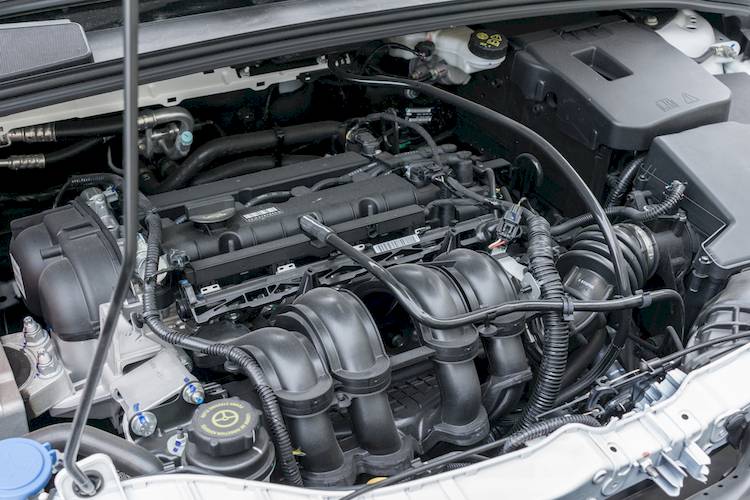

One of the side effects of a combustion engine is the buildup of pressure inside contained components. In order to relieve this pressure and allow the combustion process to fire and expel exhaust correctly, vacuum hoses are needed. All vehicles that travel the roads of the United States have vacuum hoses, which are connected to various supply points on your engine.
Like other mechanical components, they are also subjected to dirt, debris, gunk, high heat and other contributing factors that cause parts to wear out or break. When a vacuum hose breaks, becomes disconnected or has a leak, it can cause multiple mechanical failures, from simple engine misfires to causing full system shutdown. It's recommended by most ASE certified mechanics and automotive manufacturers to have the vacuum hoses inspected during each tune-up, or visually inspected when you change the oil in your car.
There are a few common systems that a broken, disconnected or leaking vacuum hose can cause. If you notice these symptoms, contact a local ASE certified mechanic so they can test drive and diagnose the problem for you.
1. Check Engine Light comes on
Today's modern engines are monitored by an ECU that has multiple sensors connected to individual components internally and externally. When the vacuum hose is broken or leaking, the sensor notices an increase or drop in pressure and will trigger the Check Engine Light to notify the driver that a problem exists. The best thing to do if the Check Engine Light comes on is to safely arrive to your destination and contact a local ASE certified mechanic. The Check Engine Light can be a simple warning indicator that a minor problem exists or a major problem that could cause serious engine damage. Make sure to take it seriously and have your car inspected by a professional as soon as possible.
2. Engine does not run smoothly
When a vacuum hose fails or is leaking, another side effect is that the engine will run very rough. This is typically noticed by way of an engine misfire or an inconsistent idle RPM. Typically the Check Engine Light will illuminate when this problem occurs, but it is possible that there could be problems with the sensors which bypass this warning. It's for this reason that the driver is often the best source of noticing problems that are caused by vacuum hoses. When you notice that the engine runs rough at idle, acceleration or deceleration; contact your local ASE certified mechanic so they can inspect the problem and fix it before it becomes a major issue or causes additional engine damage.
3. Engine loses power or won't start
When a vacuum leak is significant it can cause the motor to shut off entirely or to not fire up at all. Inside most combustion engines is a sensor that monitors the vacuum pressure inside. If the pressure is too high, it can cause a head gasket to be pushed out, can cause cylinder head hardware to break or in some cases, will cause detonation inside the engine. This warning system is crucial to protect the driver from having an accident, but also protect the vehicle from serious engine damage. If your car loses power while you are driving, try to start it again. If it fails to ignite, contact a local ASE certified mechanic to inspect and repair the problem with the vacuum hose. If the vacuum hose needs replacement, allow them to complete this job and adjust ignition timing or fuel system adjustments if they are misaligned.
4. Engine backfires
A backfire is typically caused by a malfunction of the electronic timing system that tells each spark plug to fire at a precise time. The backfire can also be caused by an increase in combustion chamber pressure, which is regulated by vacuum hoses and sensors. If you experience a backfire at any time, you should always contact a local ASE certified mechanic so they can test drive the car and if needed, diagnose the precise problem and make the appropriate repairs to solve this condition. Backfires are not good on engine components and if gone unresolved, can lead to catastrophic engine failure.
A vacuum hose is a rather inexpensive component, but it's very valuable in the overall operation of your car, truck, or SUV. Take time to be proactive and recognize these symptoms. If you notice any of the above warning signs, take action and contact a mechanic ASAP to fix the bad or failing vacuum hoses.



